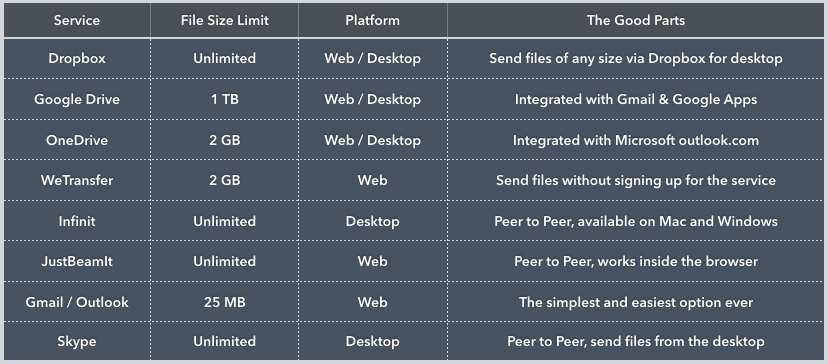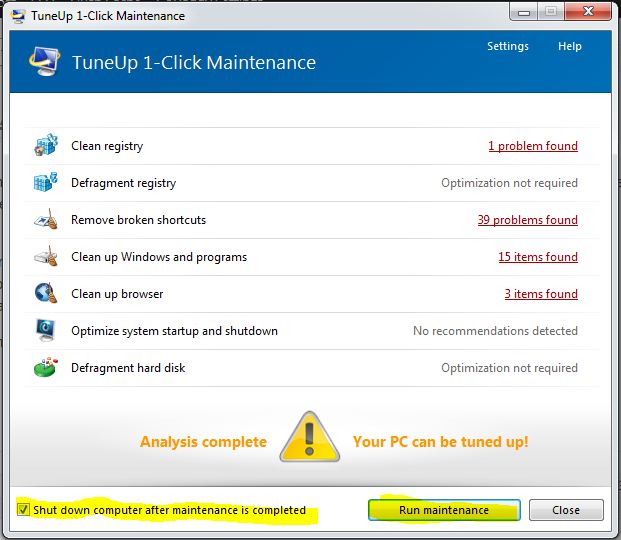Estimated reading time: 3 minutes
In recent years, the world of digital art and collectables has witnessed a groundbreaking phenomenon called NFTs, or Non-Fungible Tokens. From multi-million dollar sales to viral media attention, NFTs have become a trending topic that captivates both art enthusiasts and tech-savvy individuals. In this article, we will delve into the fascinating world of NFTs, demystifying their concept, exploring their implications across various industries, and uncovering the reasons behind their meteoric rise.
Demystifying NFTs:
NFTs represent a unique form of digital asset ownership, enabled by blockchain technology. Unlike cryptocurrencies such as Bitcoin or Ethereum, which are fungible and interchangeable, NFTs are indivisible and one-of-a-kind. Each NFT has a distinct value and can represent ownership of digital art, music, virtual real estate, or even moments in time. The underlying blockchain technology ensures authenticity, traceability, and immutability, making NFTs highly desirable and collectable.
The Impact on the Art World:
NFTs have disrupted the traditional art market by providing artists with a new platform to monetize their digital creations. Through the sale of NFTs, artists can directly connect with collectors and retain control over their work. The decentralized nature of NFTs also enables artists from around the world to gain recognition and reach a global audience, democratizing the art industry and challenging established gatekeepers.
Exploring New Revenue Streams:
Beyond the art world, NFTs have paved the way for new revenue streams and opportunities in various industries. Musicians can release limited edition albums or concert experiences as NFTs, revolutionizing the way fans engage with their favourite artists. Virtual real estate and in-game items can be tokenized as NFTs, creating a thriving marketplace within the gaming industry. Additionally, NFTs have found their way into the realm of sports, with athletes tokenizing moments of triumph or launching exclusive collectables for fans.

NFTs and Digital Identity:
NFTs have the potential to revolutionize the concept of digital identity and ownership. By tokenizing unique digital assets, individuals can assert ownership over their online presence and intellectual property. NFTs can authenticate and monetize digital creations, ensuring creators are properly recognized and compensated for their work. This has profound implications for content creators, influencers, and individuals seeking to protect and monetize their digital assets.
The Potential for Disruption:
While NFTs have gained significant attention and generated substantial revenue, critics question their long-term viability and environmental impact. The energy consumption associated with blockchain technology has raised concerns about the carbon footprint of NFTs. Additionally, the risk of copyright infringement and the potential for market manipulation are factors that need to be addressed as the industry continues to evolve.
NFTs have emerged as a disruptive force, reshaping the way we perceive and value digital assets. From art to music, virtual real estate to sports memorabilia, NFTs have unlocked new possibilities for creators and collectors alike. However, as with any emerging technology, there are challenges and considerations that need to be addressed. Whether NFTs are a passing trend or the future of digital ownership remains to be seen, but their impact on the art world, entertainment industry, and digital identity is undeniable. By understanding the underlying technology and the evolving landscape, individuals and businesses can navigate the world of NFTs with greater clarity and make informed decisions in this rapidly evolving digital era.
Here are a few other articles that might interest you other than demystifying NFTs:

I am a 33-year-old gentleman from a lower-middle-class family hailing from a small village Narasinghpur in Cuttack, Odisha, INDIA. I have a post-graduate degree in M.Tech from BITS Pilani. I started blogging back in June 2014. You can check out my journey and all that I have learnt all these years on my website.




